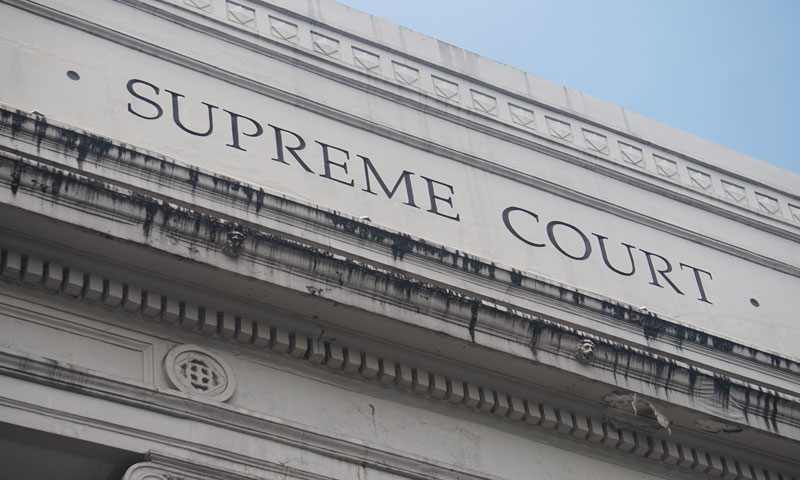In a significant development for the Fair Credit Reporting Act (FCRA), the US Supreme Court has agreed to hear a case involving whether Congress waived the federal government’s sovereign immunity in civil lawsuits related to the FCRA. The case, known as Department of Agriculture Rural Development Rural Housing Service v. Kirtz, centers around Reginald Kirtz’s argument that the US Department of Agriculture (USDA) should be held accountable for its failure to investigate disputed credit information under the FCRA.
At the heart of the case is the interpretation of the FCRA’s definition of “person.” According to the act, individuals or entities providing credit information to consumer reporting agencies are obligated to investigate any disputed information. The act explicitly prohibits the furnishing of inaccurate consumer information. Notably, the definition of “person” under the FCRA includes government agencies and subdivisions.
Kirtz claims that he received a credit report erroneously indicating that a Rural Housing Service loan, administered by the USDA, was past due, despite him having fully paid it off. Kirtz promptly disputed the loan listing, expecting the USDA to initiate an investigation as mandated by the FCRA. However, the USDA failed to follow through with the investigation, prompting Kirtz to file a lawsuit in a federal district court.
Initially, the district court dismissed Kirtz’s suit, citing the lack of an explicit waiver of sovereign immunity under the FCRA. Undeterred, Kirtz appealed the decision to the US Court of Appeals for the Third Circuit, which reversed the district court’s ruling. The Third Circuit determined that the broad definition of “person” in the FCRA encompassed government agencies like the USDA, thereby waiving the federal government’s sovereign immunity. Subsequently, the USDA sought review before the Supreme Court.
Searching for legal jobs can be overwhelming, but BCG Attorney Search makes it easy.
Kirtz argues that by including government agencies within the definition of “person,” Congress intended to waive the federal government’s sovereign immunity in FCRA disputes. Consequently, Kirtz believes he has the right to pursue a civil lawsuit against the USDA for its failure to investigate the reported credit information following his dispute.
On the other hand, the USDA challenges Kirtz’s assertion, contending that the definition of “person” in the FCRA does not explicitly and unambiguously waive the government’s sovereign immunity.
The Supreme Court’s forthcoming decision will determine the scope of the federal government’s sovereign immunity regarding the FCRA. It will address whether Congress intended to waive sovereign immunity in cases where government agencies, such as the USDA, fail to investigate disputed credit information.
This case holds significant implications for consumers and the credit reporting system at large. Should the Supreme Court affirm the Third Circuit’s ruling, it would strengthen accountability for government agencies, requiring them to diligently investigate disputed credit information. Conversely, a decision in favor of the USDA could limit the avenues for civil lawsuits against federal agencies under the FCRA, potentially impacting the ability of individuals to seek redress for inaccuracies in their credit reports.
The Supreme Court’s involvement in this case underscores its importance in settling a crucial legal question and providing clarity on the federal government’s accountability in FCRA disputes. Stakeholders eagerly await the Court’s ruling, which will have far-reaching consequences for the interpretation and application of the FCRA, as well as the rights of individuals seeking recourse for inaccuracies in their credit information.
As the case progresses, it will be closely watched by legal experts, consumer advocacy groups, and individuals alike, as its outcome will shape the landscape of FCRA litigation and potentially impact how government agencies handle disputed credit information.
Give us your rating and let’s find out if this article is a diamond in the rough or a hidden gem!
















































